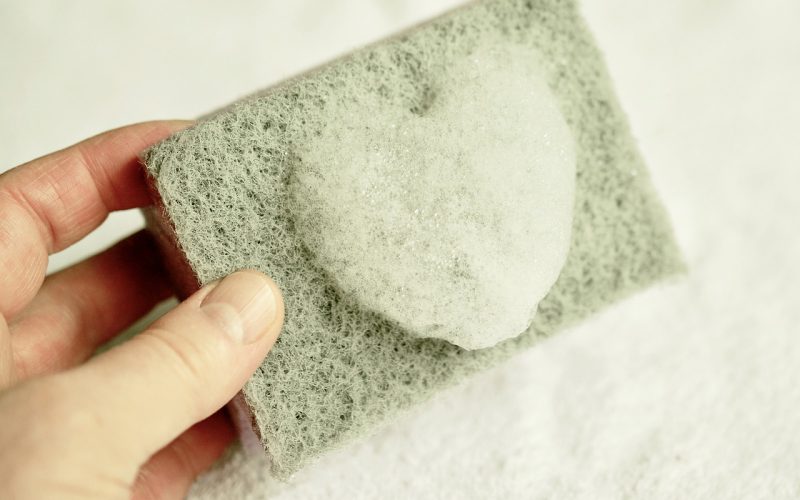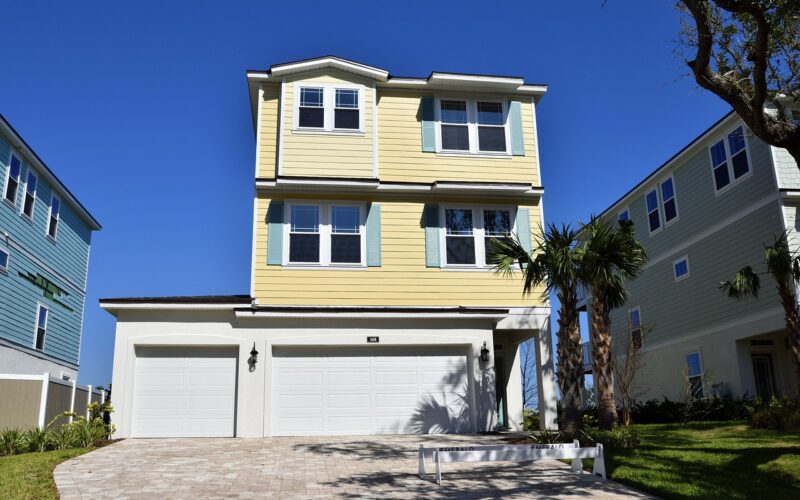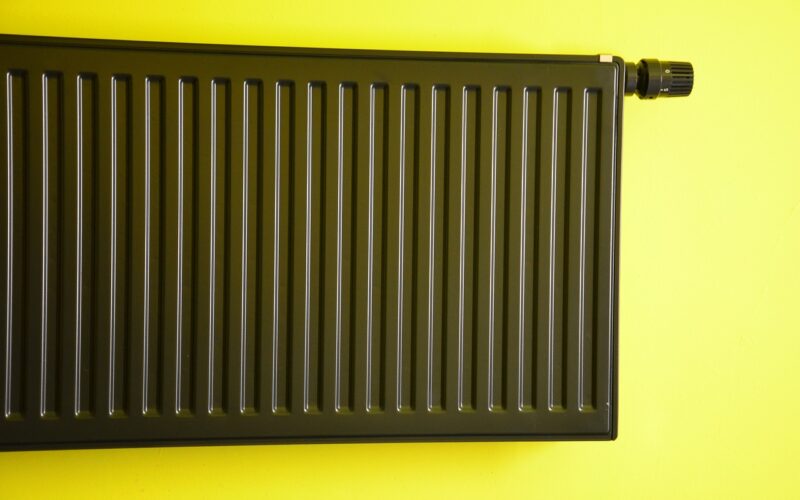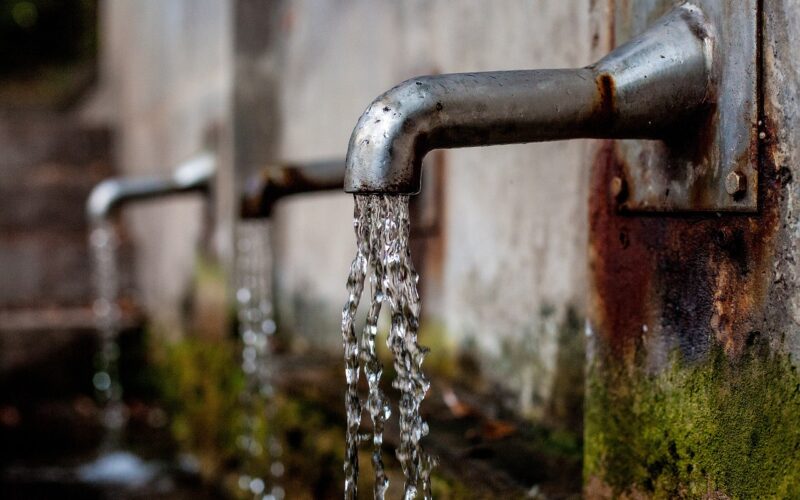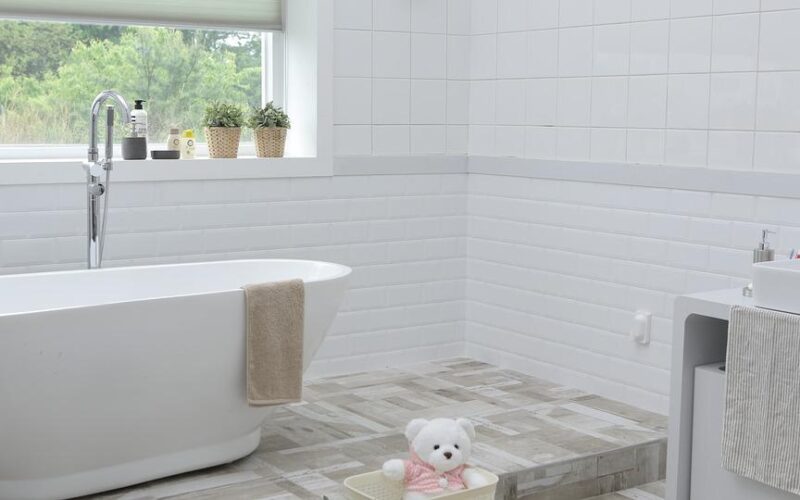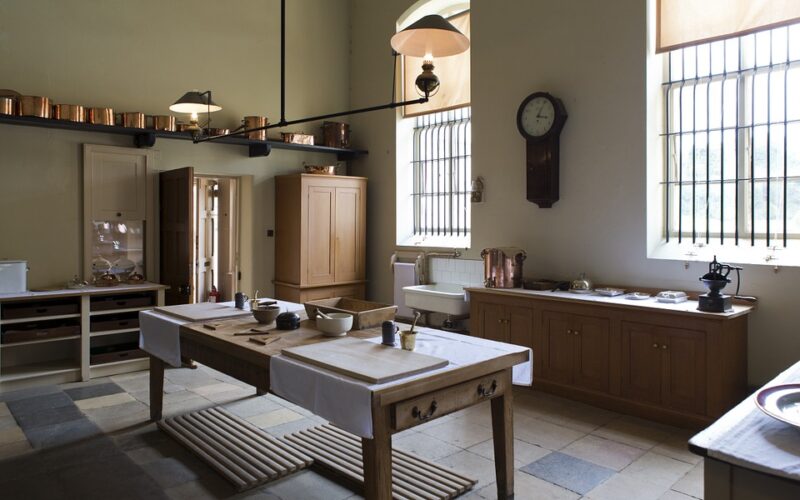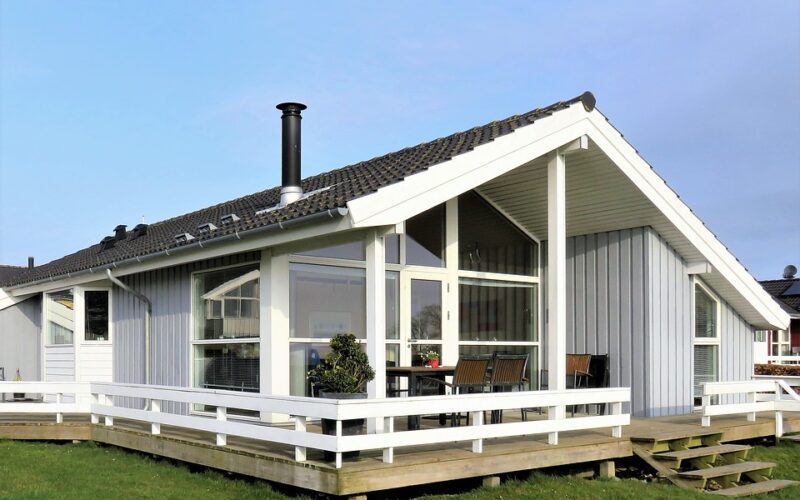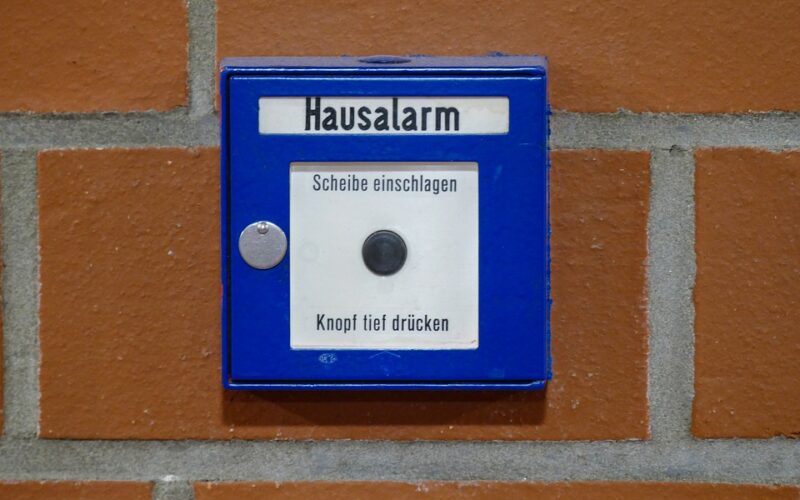Making your home energy-efficient not only reduces utility bills but also contributes to a healthier environment by cutting down on greenhouse gases. Whether you're retrofitting an older home or incorporating efficiency into a new build, there are key areas to focus on. Here are energy-saving strategies, utilising some common and overlooked methods, that can significantly impact the energy efficiency of your home.
Seal and insulate for better energy conservation
Proper insulation and sealing are fundamental steps in making a home energy-efficient. Both keep your home warmer in the winter and cooler in the summer by minimising the exchange of heat through walls, attic, and even floors. A professional energy audit can help identify leaks, and a qualified Manchester plumber can seal those gaps. Additionally, installing double-glazed windows can further retain heat and reduce the need for excessive heating or cooling.
Upgrade to an efficient boiler system
Heating your home can account for a significant chunk of your energy bills, especially during cold seasons. Working with a plumber for Manchester boiler installation of a high-efficiency system can reduce this cost. Modern boilers are designed to use less fuel to produce the same amount of heat compared to older models, which means less waste and lower energy consumption. Regular Manchester boiler service is also crucial to maintain efficiency over time.
Adopt smart home technologies
Technology can play an instrumental role in improving energy efficiency. Innovative smart home devices like thermostats offer real-time control over heating and cooling systems, adapting to your schedule and preferences. These units can be installed by a plumber or heating specialist and can significantly cut down on energy usage by only heating or cooling when necessary.
Utilise energy-efficient lighting and appliances
Switching to energy-efficient lighting, such as LED bulbs, can greatly reduce energy consumption since lighting accounts for a notable percentage of a household's energy usage. Similarly, opting for Energy Star-rated appliances ensures you are using less power without sacrificing performance. These appliances, including washing machines, dryers, and refrigerators, are designed to run more efficiently and with less noise.
Invest in renewable energy sources
Incorporating renewable energy sources like solar panels or wind turbines can contribute significantly to a home's energy efficiency. Solar panels, in particular, can provide a substantial portion of your electricity needs, and in some cases, can even return energy back to the grid, potentially giving you credits from your utility company. Although the initial investment might be high, the long-term savings and environmental benefits cannot be overstated.
Maintain and monitor your home systems
Regular maintenance of your home’s systems, especially heating and cooling, is essential to keep them running efficiently. A Manchester emergency plumber can fix unexpected leaks or issues that could be draining energy without your knowledge. Additionally, installing energy monitors can provide insights into your real-time energy consumption, letting you make informed decisions about how and when to use your various home systems.
Finally, while initial costs for some of these energy-efficient methods and upgrades can be a concern, many governments offer tax credits, rebates, or other incentives to help offset these expenses. When done correctly, the investment into a more energy-efficient home can provide substantial cost savings and environmental benefits for years to come.

